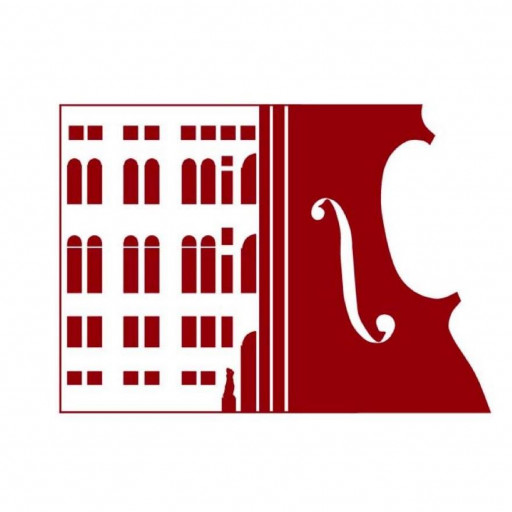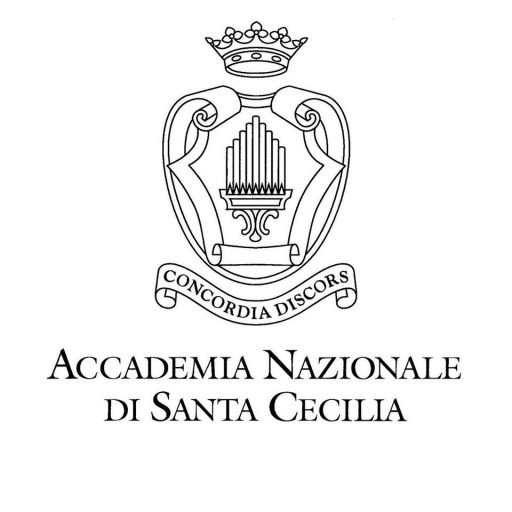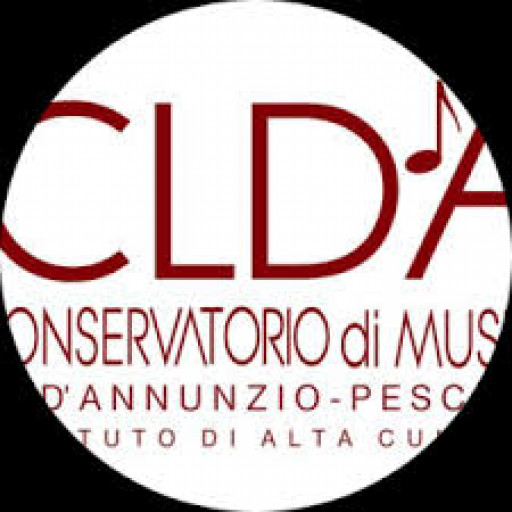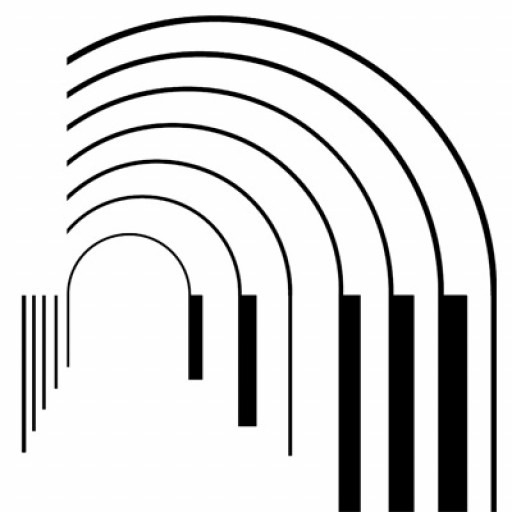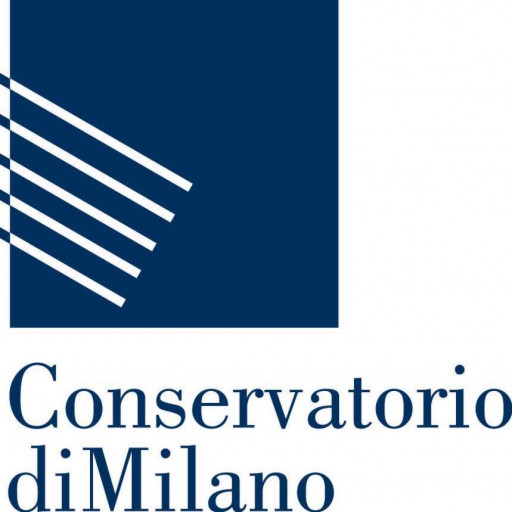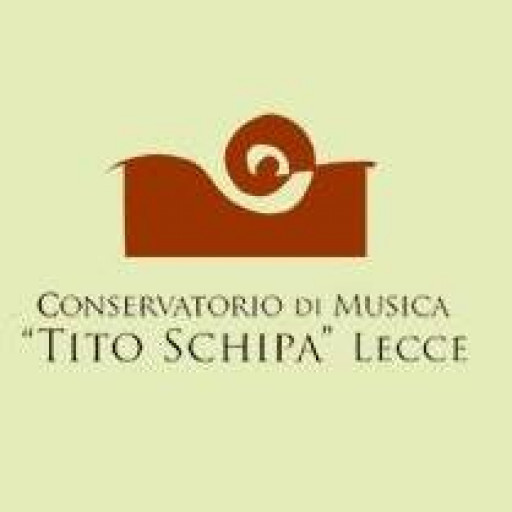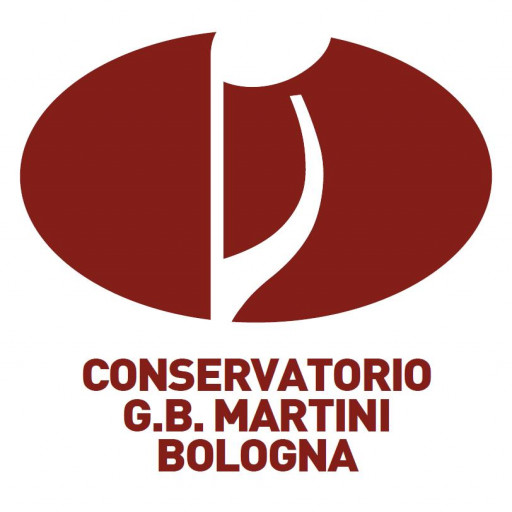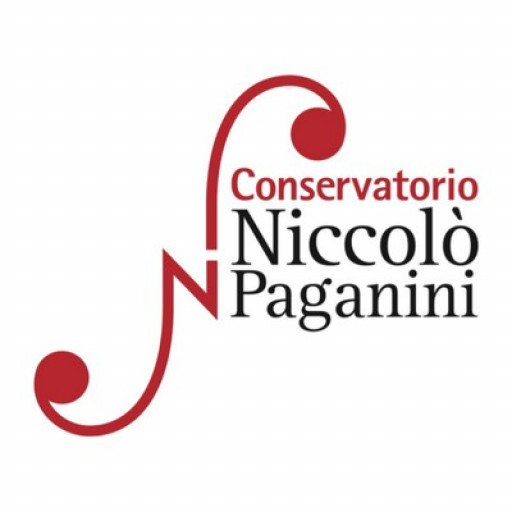Photos of university
The Bachelor of Music program at the University of Campinas offers a comprehensive and in-depth exploration of the art and science of music, preparing students for professional careers in performance, composition, research, and music education. This undergraduate course is designed to develop not only technical proficiency and artistic sensitivity but also a deep understanding of music theory, history, and cultural contexts. Students engage in a rigorous curriculum that combines practical training with theoretical studies, fostering a well-rounded musical education.
Throughout the program, students have the opportunity to enhance their instrumental or vocal skills through specialized lessons and ensemble participation, collaborating with fellow musicians and participating in performances that build confidence and stage presence. The program emphasizes the development of critical listening and analytical skills, empowering students to interpret and appreciate diverse musical genres and traditions, from classical to contemporary styles.
The curriculum includes coursework in harmony, counterpoint, musicology, ethnomusicology, auditory skills, and technology, preparing students for the evolving landscape of the music industry. Emphasis is also placed on music pedagogy and the psychological aspects of musical performance, equipping graduates with the tools necessary to teach and inspire future generations of musicians. Students are encouraged to undertake research projects and creative endeavors, fostering innovation and original contributions to the field.
With access to state-of-the-art facilities, including specialized practice rooms, recording studios, and performance halls, students gain hands-on experience in both live and studio settings. The program also promotes international exposure and interdisciplinary collaborations, enriching students' global perspective and creative vocabulary. Upon completion, graduates are well-prepared for careers as performers, composers, researchers, educators, and cultural promoters, contributing meaningfully to the musical landscape locally and internationally.
Major Area: Theoretical Fundamentals
Lines of Research
- 1. Historical musicology and ethnomusicology
- 2. Language: perception, structure and musical analysis;
- 3. Technological interfaces for musical and acoustic processes.
Major Area: Interpretive Practices
Lines of Research
- 1. Interpretive practices in different musical styles and periods;
- 2. Techniques and pedagogy of musical instruments.
Major Area: Creative Processes
Lines of Research
- 1. Instruments and materials for composition and improvisation;
- 2. Applied analysis of composing techniques and processes
To be eligible for admission as a degree-seeking graduate student (i.e., masters or doctoral programs), students must hold a university degree. Admission to graduate programs is subject to course-specific standards and requirements, which vary from one field to another. In order to find out these requirements, the student must get in touch with the specific department and request admission information (selection procedures, deadlines, etc). In general, applicants are evaluated by means of a written exam, a study plan and personal interviews.
Foreign students have their requests and documents initially reviewed by the Graduate Program Coordinator of the program he/she is interested. If accepted, a letter of conditional acceptance at the university will be issued and emailed to the student with a digital certification. This will enable the student to apply for a student visa, required for class registration upon arrival. You should not try to come on a tourist visa: A change of visa status after entering Brazil is not possible.
The financing studies for the Music program at the University of Campinas (Unicamp) encompass a variety of financial support options aimed at assisting students in covering their tuition fees and living expenses throughout their academic journey. Unicamp offers a comprehensive scholarship program that includes merit-based scholarships, need-based financial aid, and specific grants for students from diverse backgrounds and regions. These scholarships are awarded based on academic performance, socio-economic criteria, and specific project proposals, encouraging excellence and inclusivity within the student body. Additionally, there are assistance programs that provide financial support for research projects, cultural activities, and participation in national and international conferences, which are integral to the comprehensive training of music students. Students are also encouraged to apply for external funding sources, such as government grants, private sponsorships, and cultural foundations that support arts and music education. The university collaborates with various cultural and artistic organizations, creating opportunities for financial support through internships, residencies, and cooperative projects that offer stipends and benefits.
In recent years, Unicamp has expanded its financial aid policies to include emergency assistance for students facing unforeseen financial difficulties, ensuring they can continue their studies without interruption. The university’s financial aid office provides guidance on eligibility criteria, application procedures, and deadlines, ensuring transparency and accessibility for all applicants. Moreover, Unicamp promotes a student-centered approach, regularly reviewing and enhancing its financial support mechanisms to adapt to the evolving needs of its student population. The program also benefits from federal and state educational policies that subsidize higher education costs for low-income students, making university education more accessible. International students enrolled in the program can access specialized scholarships and funding programs aimed at supporting their academic and cultural integration. Overall, the financial structure of the Music program at Unicamp is designed to foster an inclusive environment where talented and dedicated students can pursue their passions without undue economic hardships, thus promoting the development of highly skilled professionals in the field of music.
The undergraduate program in Music at the University of Campinas (Unicamp) offers a comprehensive curriculum designed to develop students' skills in performance, musical theory, history, and composition. The course aims to cultivate well-rounded musicians equipped with both practical abilities and a deep understanding of music as an art form and cultural phenomenon. Students engage in a variety of practical classes, including individual instrument instruction, ensemble participation, and technical workshops, which are complemented by theoretical courses such as music theory, harmony, counterpoint, and ear training. The program also emphasizes the importance of music history and contextual studies, enabling students to analyze and interpret musical works within their cultural and historical contexts.
In addition to core academic coursework, students have access to state-of-the-art facilities, including specialized practice rooms, recording studios, and performance halls, which support their experimental and professional development. The program encourages active participation in concerts, recitals, and music festivals organized by the university, providing students with opportunities to perform publicly and gain valuable stage experience. The curriculum is periodically updated to reflect contemporary trends in music education and practice, ensuring that graduates are prepared for careers in performance, teaching, research, and music production.
The faculty comprises reputed musicians, theorists, and researchers who provide mentorship and foster an environment of scholarly excellence. Collaboration and interdisciplinary approaches are encouraged, with opportunities to work alongside students and experts from other fields such as arts, technology, and media. The program also promotes engagement with the broader community through outreach projects and musical initiatives that aim to democratize access to music education and culture. Graduates of the Music programme at Unicamp are well-equipped to pursue advanced study, become professional musicians, educators, or cultural managers, and contribute significantly to Brazil’s rich musical heritage and global musical landscape.

